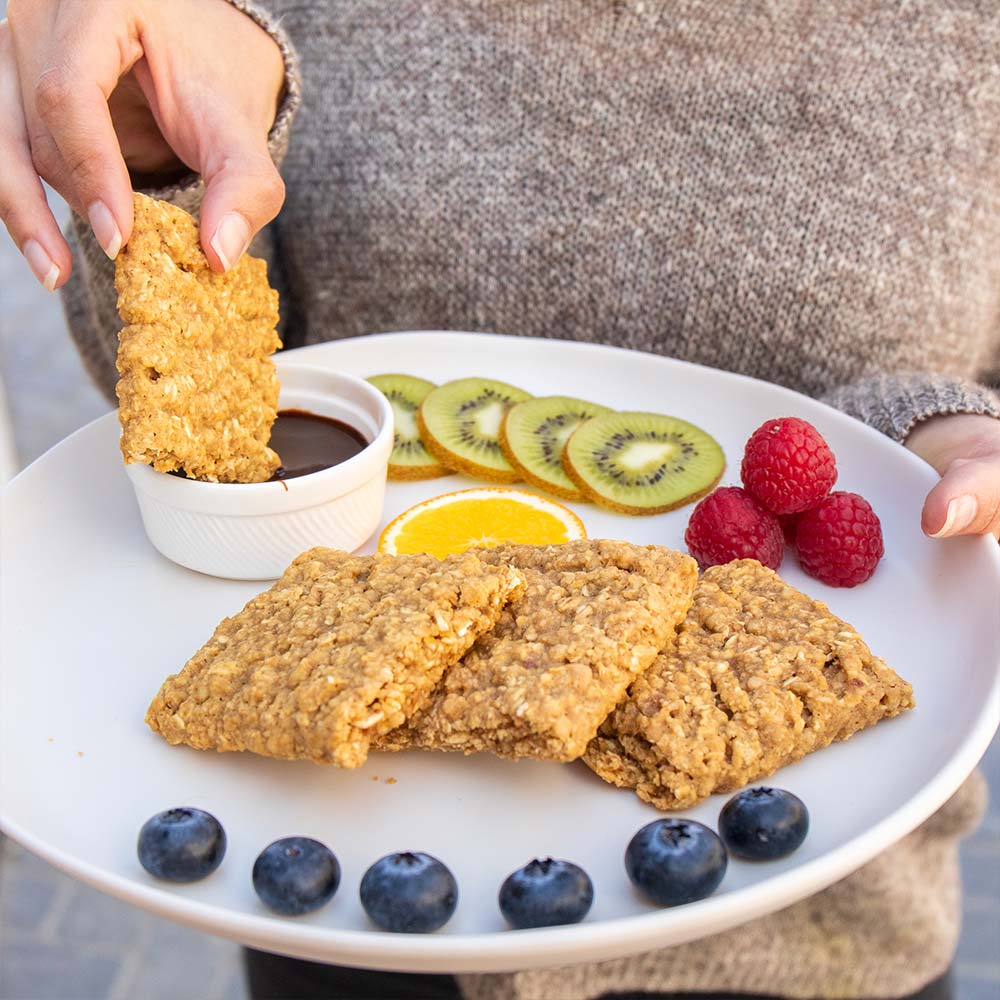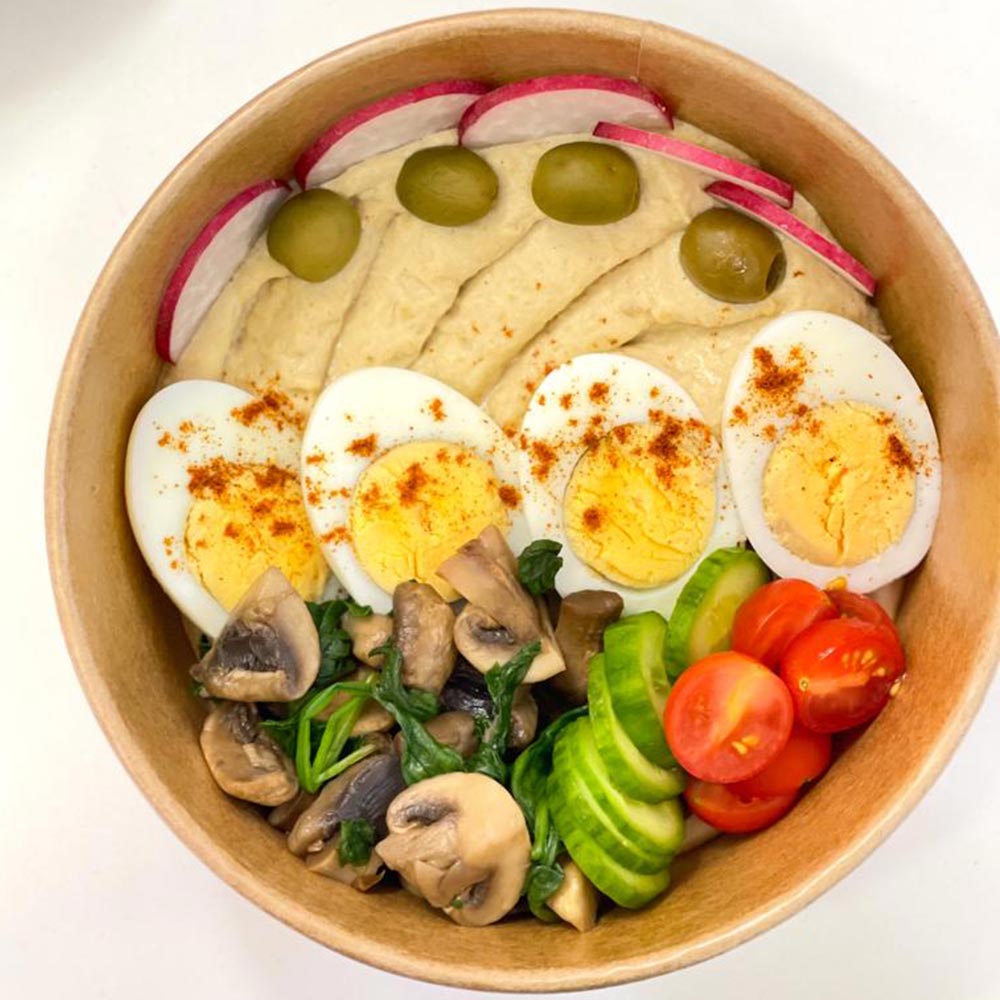Muscle mass build-up is not just about lifting your weights
or even challenging your body as much as you can during your exercise regimen.
It also applies strategic consideration to lifestyle, particularly in the area
of one's diet. The meals you take after exercising determine how well your
muscles will recover, repair and also gain mass. Remember, having a good food plan for
muscle gain can go a long way towards improving your progress.
Why Post-Workout Nutrition Matters
Whenever you perform any exercises, and most especially,
when you are involved with resistance or weight training, your muscles break
down in very slight ways. These tears require repair and it is through the
repair that causes the growth of muscles. But for this to occur optimally, your
body requires specific nutrients at specific times.
Post-workout nutrition helps to:
Replenish Glycogen Stores: You have undoubtedly heard of
glycogen, but did you know that it is carbohydrate storage located in muscles?
In each exercise, these stores get used up and thus require to be replenished
again.
1. Repair Muscle Damage: Protein supplements the nutrients
(amino acids) required for muscle synthesis.
2. Reduce Muscle Soreness: If done right, nutrition can play
a critical role in the management of delayed onset muscle soreness (DOMS) which
is common among people after a hard day of training.
3. Enhance Muscle Growth: It is known that the availability
of appropriate nutrients at the right time will mean an increase in muscle
protein synthesis and ultimately muscle mass.
The Nutrients That Should Be Taken After a Workout
1. Protein: This is believed to play the biggest role in
muscle recovery and build-up process. It supplies your muscles with all the
amino acids that can help you to rebuild and bulk up. Ideally, you want to
consume around 20-30 grams of high-quality protein in the 30 minutes to two
hours after your workout. Some of the best protein sources include:
- Lean meats like chicken or turkey
- Eggs
- Greek yoghurt
- Cottage cheese
- Protein shakes or bars (whey protein is a popular option)
2. Carbohydrates: are required in the body to replace the
glycogen that is expended in the exercise sessions. The quantity of carbs is
directly proportional to the intensity and duration of the workout session and
is advised that the range is within 1- 1.5 grams of carbohydrate per
kilogram of body weight. Excellent carbohydrate sources include:
- Whole grains like brown rice or quinoa
- Fruits like bananas or berries
- Sweet potatoes
- Oats
- Whole wheat pasta
3. Healthy Fats: It is worth mentioning here that fats
though not a directly required nutrient for use immediately after a workout
support muscle recovery and hormone synthesis. It is recommended to include a
small quantity of body fat type in your diet after the workout session. Some
good options are:
- Avocado
- Nuts and seeds
- Olive oil
- Nut butters
Timing Your Post-Workout Meal
However, the timing of your post-workout meal plays a great
role in determining recovery and muscle mass gain. Ideally, the meal should be
a combination of protein and carbohydrate and must be taken immediately, 30
minutes – 2 hours after the exercise session. This period of time is actually a
time in which the muscles are most open to taking in nutrients, and is known as
the “anabolic window.”
Examples of Post-Workout Meals
Grilled Chicken with Quinoa and Veggies
A wholesome meal of lean protein from chicken, carbohydrates
from quinoa and antioxidants from the veggies.
Protein Smoothie
You can take whey protein by mixing it with a banana, some
spinach and a tablespoon of almond butter as a snack.
Scrambled Eggs with Whole Grain Toast
The eggs introduce high-quality protein into the body and a
whole-grain toast is the body’s source of carbohydrates.
Greek Yogurt with Berries and Honey
Greek yogurt is super healthy and high in protein, while
berries are healthy and a great source of natural carbohydrates in the form of
fructose.
Tuna Salad on Whole Wheat Bread
Tuna is a source of proteins and omega3s and whole wheat
breads are complex carbohydrates.
Hydration and Recovery
One of the things that are so often neglected, yet they are
as significant as the foods you eat is the water intake. Hydration is critical
in every form of metabolism occurring in the body including muscle rebuild.
Drinking water or an electrolyte-rich beverage after a workout helps to:
- Replenish fluids lost through sweat
- Support metabolic functions
- Reduce muscle cramping and fatigue
Supplements to Consider
However, to augment whole foods, some people also take
supplement forms to help them recover and build muscles. In other words, it is
important not to rely heavily on supplements, nevertheless, they can be helpful
in some circumstances.
Whey Protein
Whey protein is one of the proteins that digest incredibly
fast and can be consumed and absorbed by muscles within a short period of time
after undertaking a workout session.
Creatine
Evaluating creatine, it is possible to note that it is
helpful in strength gain and muscle mass training due to muscle power supply
during stringent exercising.
Branched-Chain Amino Acids (BCAAs)
Science does show that BCAAs can minimize Muscle Soreness
especially when they are taken after exercising.
Glutamine
Glutamine is an amino acid, which is recovered in muscles
and maintains the immune system.
Individualizing Your Food Plan
Every person’s body is unique and thus people cannot compare
themselves with others thinking they will exclude foods that help build their
stamina. The post workout nutrition depends on several factors including
the intensity, frequency of your workout, your workout goals, and even
genetics. So, you should pay attention to your body signals, measure your
progress, and modify parameters if necessary.
For example, if one is not gaining the muscles one wanted
they may need to up protein consumption or down carbohydrates. Many of you can
be fatigued and your muscles can be sore because of your poor hydration and
improper nutrient timing.
Expanding the Benefits Beyond Muscle Gain
While the primary focus of post-workout nutrition is muscle
recovery and growth, there are additional benefits to be gained from a
well-rounded approach to eating after exercise:
Improved Mental Clarity
It is also pertinent to mention here that all foods that can
bring balance to blood sugar levels mean better concentration and productivity
throughout the day.
Enhanced Immune Function
Physical exertion usually suppresses the immune system and
if you feed the body right, you’ll be less likely to be as susceptible to
illnesses.
Better Sleep
Taking a balanced meal after training will assist in
controlling the body’s circadian rhythm, and therefore improving the quality of
sleep.
Conclusion
Muscle gaining begins in the gym but it does not stop there.
If you are as good at what you eat after you exercise as you are about the
exercises, then it is the right time for you to pump more proteins into your
diet. Accomplishing a properly constructed meal plan for muscle gain consisting
of protein, carbohydrates, and fats and making the most of your muscle repair,
boost your gains and feel powerful during every exercise.
What one should bear in mind here is that there are no
cookie-cutter solutions when it comes to management. It is not about choosing
the right diet but it is all about which diet is good enough to fit your tool
and your aim. Now you need to begin conducting your trials and see how your
body reacts to the different foods you can consume after exercise. You will
acquire a nutrition plan that will be helpful throughout your fitness process
while promoting your overall health.
If you want to build the muscle you need and keep the
fitness goal you want, then you just stay consistent and choose well. Muscle
growth is without a doubt the biggest benefit you stand to gain once you pay
attention to what you take after your workout sessions.






























